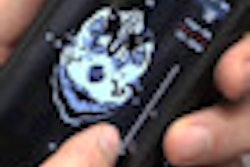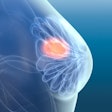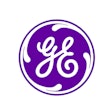Tuesday, November 27 | 11:05 a.m.-11:15 a.m. | VSIN31-11 | Room E351
In this scientific session, a U.K. team will share its findings on the accuracy of the iPad and OsiriX HD viewing software for interpreting MRI scans of the knee and lumbar spine.With tablet computers pervading the medical community, it's not difficult to imagine a future in which they could be used routinely for reporting radiology studies, said presenter Dr. Tishi Ninan of Peninsula Radiology Academy in Plymouth.
"The obvious limitations of screen real estate and time taken to transfer the images to the device can be offset by carefully selecting the types of studies that are to be reported using the device," he said.
Ninan will share the team's conclusions in Chicago.
"While in the near future, tablet devices might not be able to replace purpose-built reporting stations with their vastly superior processing power and reconstruction software, they can be judiciously used to report studies that are less affected by the limitations of screen size and transfer speed," he said. "Extremity images like wrist and hand MRIs and CT scans of the brain are the obvious examples."
The study did uncover some room for improvement, according to Ninan, including the need for a user interface that would allow easier scrolling from one image to the next to minimize the chances of repetitive strain. In addition, it would be useful to have the ability to dictate reports directly into the software, and be able to mark studies or images for later review, he said.




















